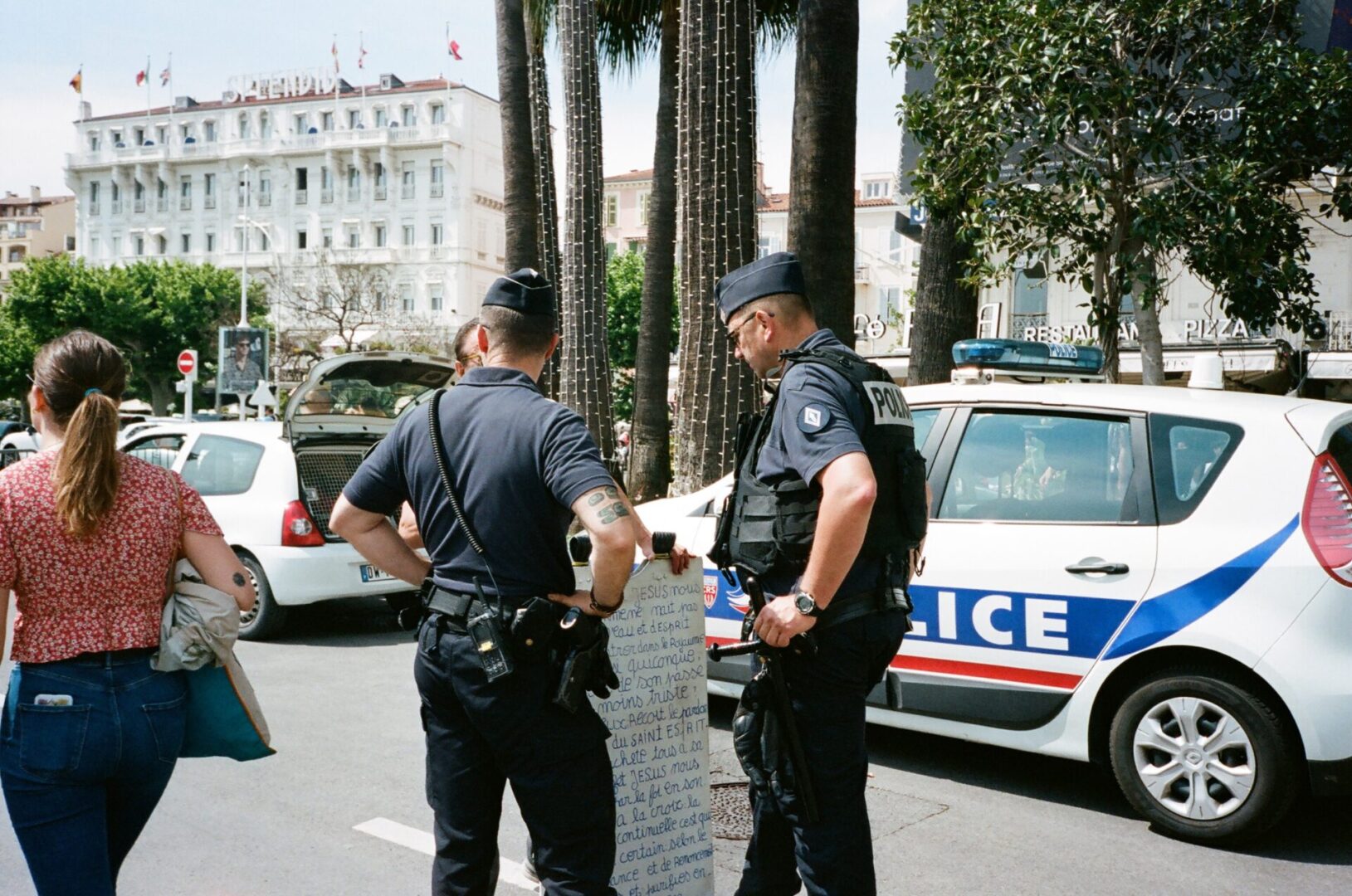A plea to a wet reckless also avoids the six month restriction that stems from a DUI conviction pursuant to Vehicle Code Section 23152(a), (b), (e) or (f) and, notably, if you were to prevail at the DMV APS Hearing, you would avoid any suspension and the requirement that you file an SR-22 for three years.
Absent a reduction to a “dry reckless, or a plea to Vehicle Code Section 23013 without the additional plea to Vehicle Code Section 23103.5, there certainly are advantages to a plea to a wet reckless pursuant to Vehicle Code Section 23013 per 23013.5; however, that is not always the case because in some cases a plea to a wet reckless would be insufficient to your factual situation. Only an experienced and knowledgeable DUI Attorney can effectively counsel you on whether you should enter a plea to a wet reckless versus pursuing the matter to trial. Every case is evaluated at a case-by-case basis – no two cases are exactly the same.




